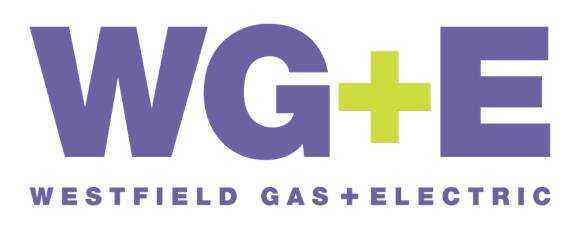BOSTON — A multi-faceted energy bill aimed at reining in electricity costs in Massachusetts, while also continuing to promote growth in renewable power sources is set for debate at the Statehouse.
Senate President Therese Murray has scheduled the bill for a vote tomorrow.
The measure, endorsed last week by a legislative committee, requires competitive bidding for long-term renewable energy contracts and would require that utilities purchase at least seven percent of their total power supply from renewable sources, up from the current three percent.
State Sen. Ben Downing, who represents 48 communities in Berkshire, Hampshire and Franklin counties and will also represent Blandford, Chester, Shelburne and Buckland next year, is one of the principal authors of the bill. He said it seeks both short-term and long-term solutions to the state’s energy problems, but includes no guarantees that costs will go down.
“It would be wrong of us to try to predict where rates may or may not go,” said Downing, a Pittsfield Democrat. “I do think we put more pressure on making sure that if rates do go up, they are justified, and if they are not justified that they do not go up.”
Downing explained that the bill would try to keep electric rates down, encourage renewable energy, and allow residents to avoid unexpected spikes in rates that are often a shock.
“We want more accountability on how rates are set and the reasons for increases,” said Downing. “The goal is to try to get at some of the issues in how electric rates have been set in communities, particularly in western Massachusetts.
Downing said the legislation also requires investor-owned utilities to come in for regular rate reviews.
“With more regular reviews, hopefully you’ll avoid those spikes and shocks,” he said.
Attorney General Martha Coakley said Monday that the proposal would also put an end to “sweetheart” deals, by reducing from four percent to one percent the guaranteed investment return that utilities receive from renewable energy contracts.
“We believe these are common sense updates, they will continue to allow Massachusetts to be a leader in the clean energy industry while providing for increased competition accountability and transparency for ratepayers,” Coakley said at a news conference called by Senate leaders.
Supporters of the bill have called it a needed update to the 2008 Green Communities law, which they say has been successful in boosting energy conservation and renewable power use in Massachusetts, but has also proven expensive. Coakley has warned that without changes in the law it could increase delivery costs for electricity by $4 billion in the next four years.
Murray said employers have repeatedly cited high energy costs as one of their major concerns about doing business in Massachusetts.
Downing added a provision that raises the cap on net metering — a process by which consumers and businesses who own renewable energy sources — such as solar panels — can receive credit for unused power generation that is returned to the electric grid.
If you put solar panels on your roof and generate more energy than you need, the utility would have to buy back that energy,” said Downing.
Another new provision would also allow for the state to make a central procurement in the event of a significant shortfall in renewable power generation.
Downing said municipal utilities, such as Westfield Gas and Electric, tend to have lower rates than investor-owned utilities and have somewhat different regulations.
Downing said Massachusetts leads the nation in energy efficiencies and added that he is hopeful the senate will vote on the bill tomorrow.



